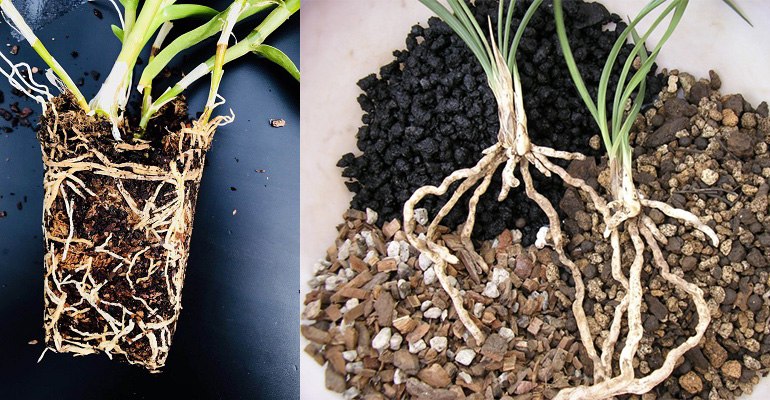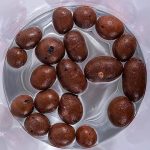
Yes, pine bark is a type of organic material that is often used as a soil amendment or as a component in potting mixes for plants. Pine bark is the outer layer of the tree trunk and branches of pine trees and is a byproduct of the lumber industry.
Pine bark has several benefits when used as a soil amendment. One of the main benefits is its ability to improve soil structure. Pine bark is a porous material that allows for better water and air circulation in the soil, which is essential for healthy plant growth.
Pine bark can also help to retain moisture in the soil, which can be particularly useful in dry climates or for plants that require consistent moisture levels. Additionally, pine bark can help to regulate soil temperature, keeping it cooler in the summer and warmer in the winter, which can promote root growth and protect plants from extreme temperatures.
When used as a component in potting mixes, pine bark can provide similar benefits. It can help to improve drainage, retain moisture, and regulate temperature in the potting mix, creating a healthy growing environment for plants. Pine bark is also a sustainable and renewable resource, making it an eco-friendly option for gardeners.
However, it’s important to note that pine bark may not be suitable for all plants or growing situations. Some plants may require a different type of soil structure or pH balance, and pine bark may not be the best choice in those cases. Additionally, pine bark can be acidic, so it’s important to test and adjust the pH level of the soil or potting mix accordingly.
For example, plants that prefer a more alkaline soil, such as some succulents or cacti, may not be the best choice for a potting mix that contains pine bark, which is acidic.
Additionally, some plants may require a different type of soil structure, such as those that prefer a heavier, clay-based soil. Pine bark is a light, airy material, and may not provide the structure that these plants need to thrive.



